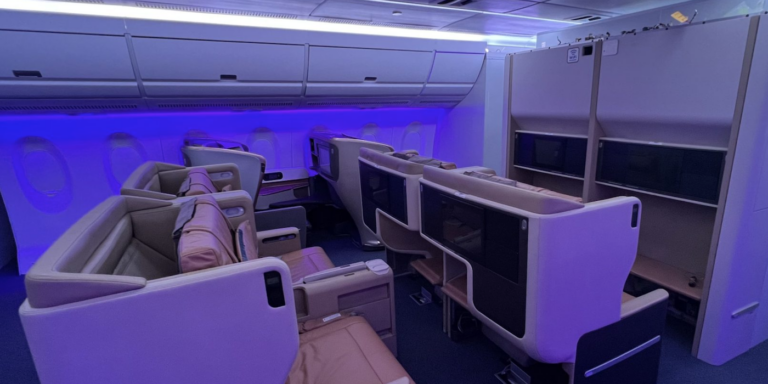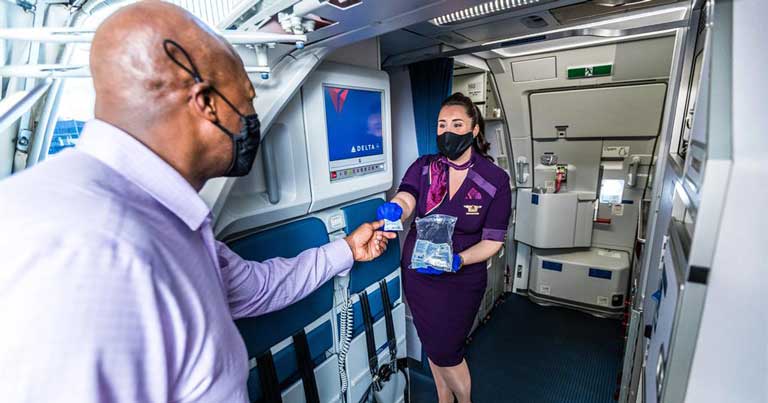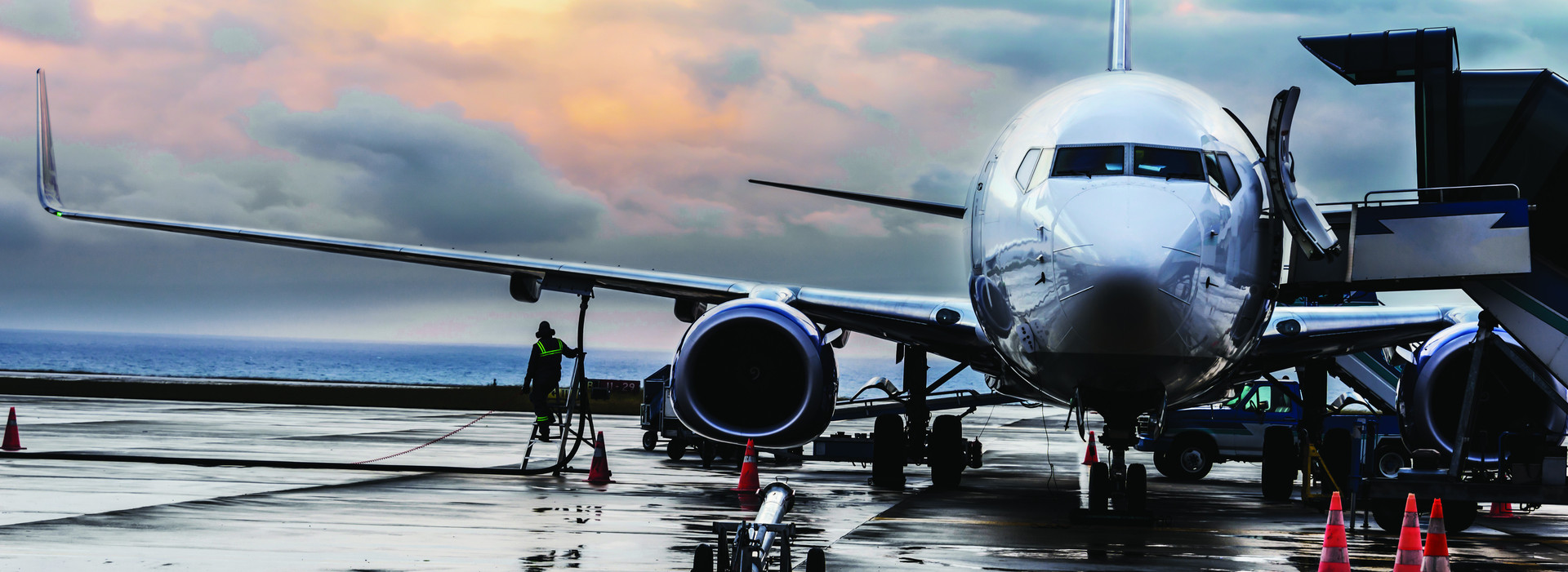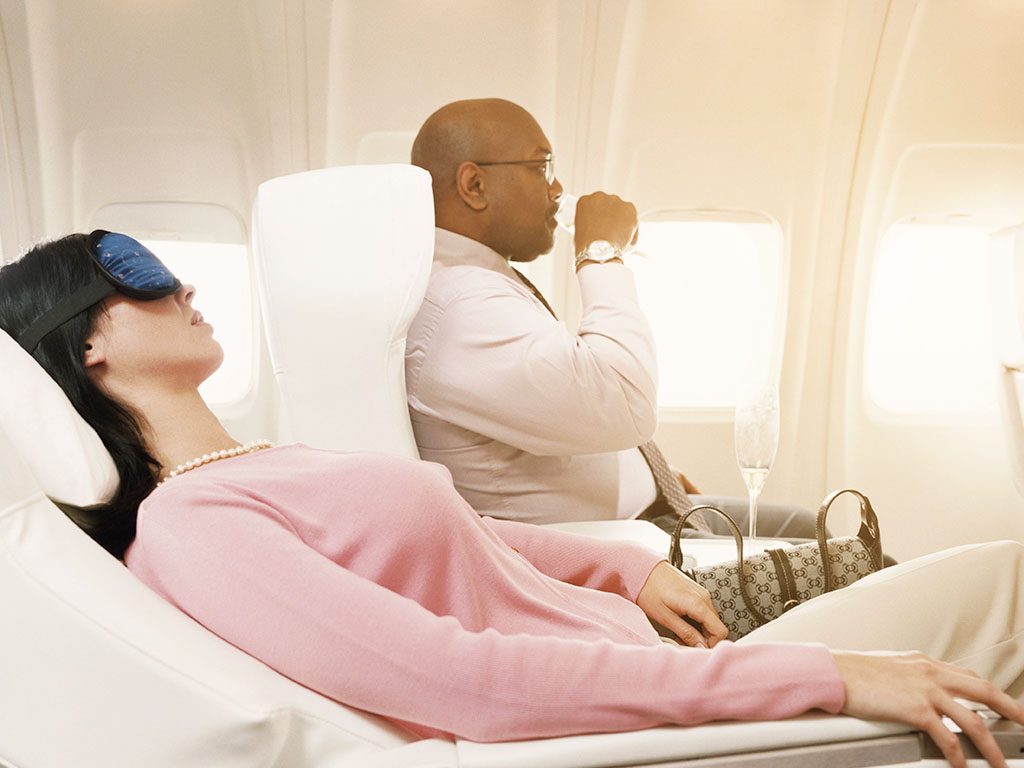Aviation medicine plays a critical role in ensuring the health, safety, and comfort of passengers and crew members during air travel. As air travel continues to grow and evolve, advancements in aviation medicine are enabling airlines and aviation authorities to address emerging health concerns, mitigate medical risks, and enhance the overall passenger experience. In this article, we explore the latest innovations in aviation medicine and their impact on improving passenger health and comfort.
Cabin Air Quality and Filtration Systems:
One of the key areas of focus in aviation medicine is cabin air quality and filtration systems. Modern aircraft are equipped with advanced air circulation and filtration systems that continuously exchange and filter cabin air to remove contaminants, allergens, and pathogens. High-efficiency particulate air (HEPA) filters effectively capture airborne particles, including bacteria and viruses, reducing the risk of airborne transmission of infectious diseases such as COVID-19. Additionally, innovations in ventilation design and airflow management help maintain optimal humidity levels and temperature conditions, enhancing passenger comfort and well-being during flight.

In-flight Medical Emergencies:
Aviation medicine professionals are trained to respond to in-flight medical emergencies and provide timely medical assistance to passengers and crew members in need. Airlines have implemented protocols and procedures to address medical emergencies, including the availability of onboard medical kits, emergency medical equipment, and trained medical personnel such as flight attendants and onboard medical volunteers. Moreover, advancements in telemedicine technology enable real-time communication between flight crews and ground-based medical professionals, facilitating medical consultations, diagnosis, and treatment recommendations during emergencies.
Passenger Health Monitoring:
Innovations in wearable technology and health monitoring devices enable passengers to track their health metrics and vital signs during air travel. Smartwatches, fitness trackers, and mobile health apps allow passengers to monitor their heart rate, blood pressure, and activity levels in real-time, providing valuable insights into their health status and well-being. Airlines are exploring the integration of health monitoring devices into inflight entertainment systems and seatback screens, enabling passengers to access personalized health information, wellness tips, and exercise routines during flights.
Comfort-enhancing Features:
Aviation medicine research focuses on identifying and implementing comfort-enhancing features in aircraft cabin design and seating arrangements. Ergonomic seating configurations, adjustable headrests, and lumbar support systems help reduce fatigue, muscle strain, and discomfort during long-haul flights. Additionally, innovations such as noise-canceling headphones, mood lighting, and cabin pressure optimization contribute to a more relaxing and enjoyable travel experience for passengers. Airlines are investing in passenger comfort initiatives to differentiate their brand and attract discerning travelers seeking a superior inflight experience.
Jet Lag Mitigation:
Jet lag is a common concern for travelers crossing multiple time zones, leading to fatigue, sleep disturbances, and impaired cognitive function. Aviation medicine experts are researching innovative strategies to mitigate the effects of jet lag and optimize passenger well-being. These include personalized sleep schedules, light therapy interventions, and dietary recommendations tailored to individual travelers’ circadian rhythms. Airlines are exploring the integration of jet lag mitigation programs into their inflight services, including inflight menus designed to promote restful sleep and relaxation.

Health and Wellness Amenities:
Airlines are expanding their offerings of health and wellness amenities to cater to passengers’ holistic well-being during air travel. Premium cabin classes feature amenities such as onboard spas, relaxation lounges, and inflight yoga sessions to promote relaxation and rejuvenation. Additionally, airlines collaborate with wellness brands and healthcare providers to offer inflight massages, aromatherapy treatments, and mindfulness exercises designed to reduce stress and promote mental wellness. These amenities contribute to a more pleasant and enjoyable inflight experience for passengers, enhancing their overall satisfaction and loyalty to the airline.
Innovations in aviation medicine are transforming the air travel experience by prioritizing passenger health, safety, and comfort. From advancements in cabin air quality and filtration systems to personalized health monitoring devices and comfort-enhancing features, aviation medicine plays a crucial role in ensuring the well-being of passengers during air travel. As airlines continue to invest in passenger-centric initiatives and wellness amenities, the future of aviation medicine promises to deliver a more enjoyable, relaxing, and stress-free travel experience for passengers worldwide.


